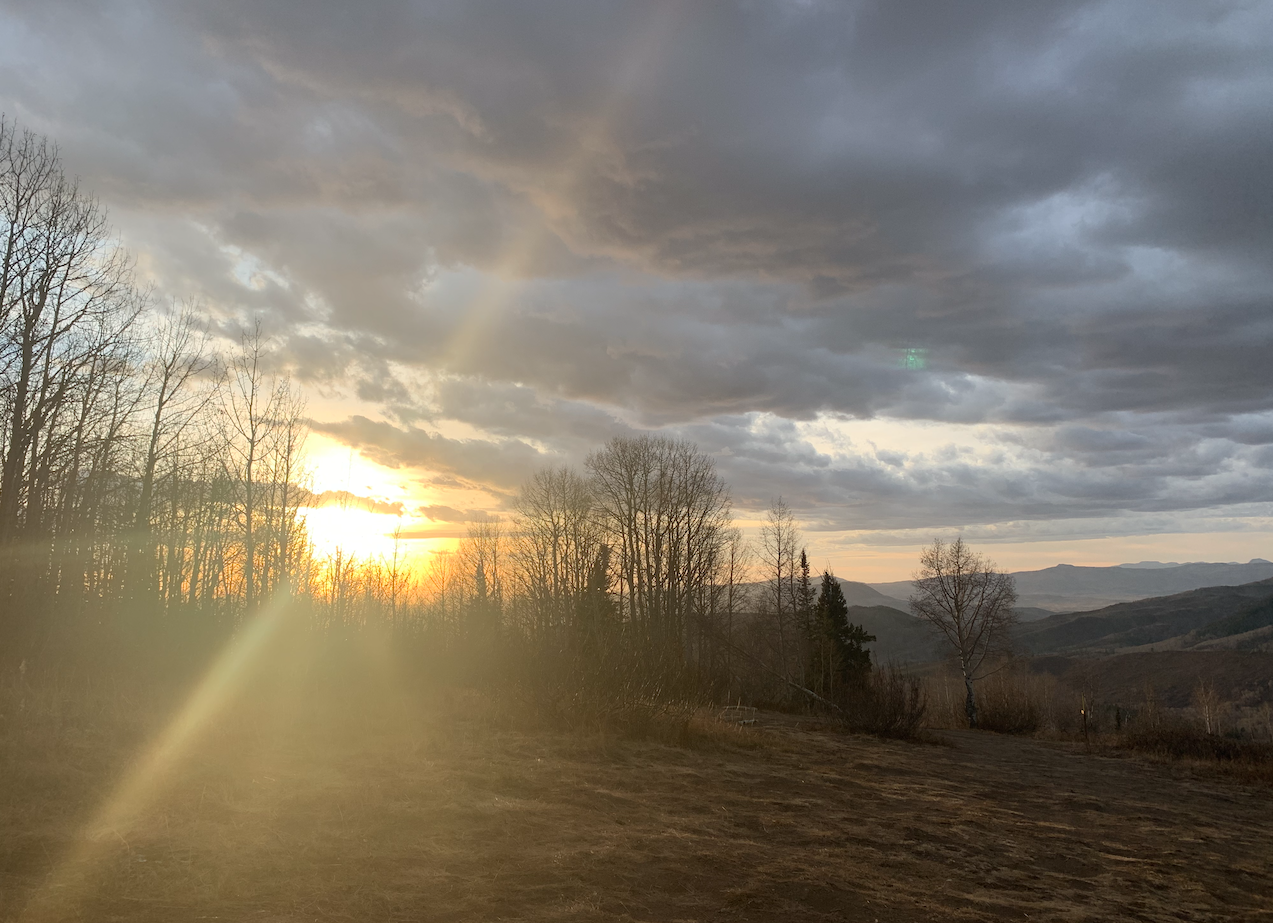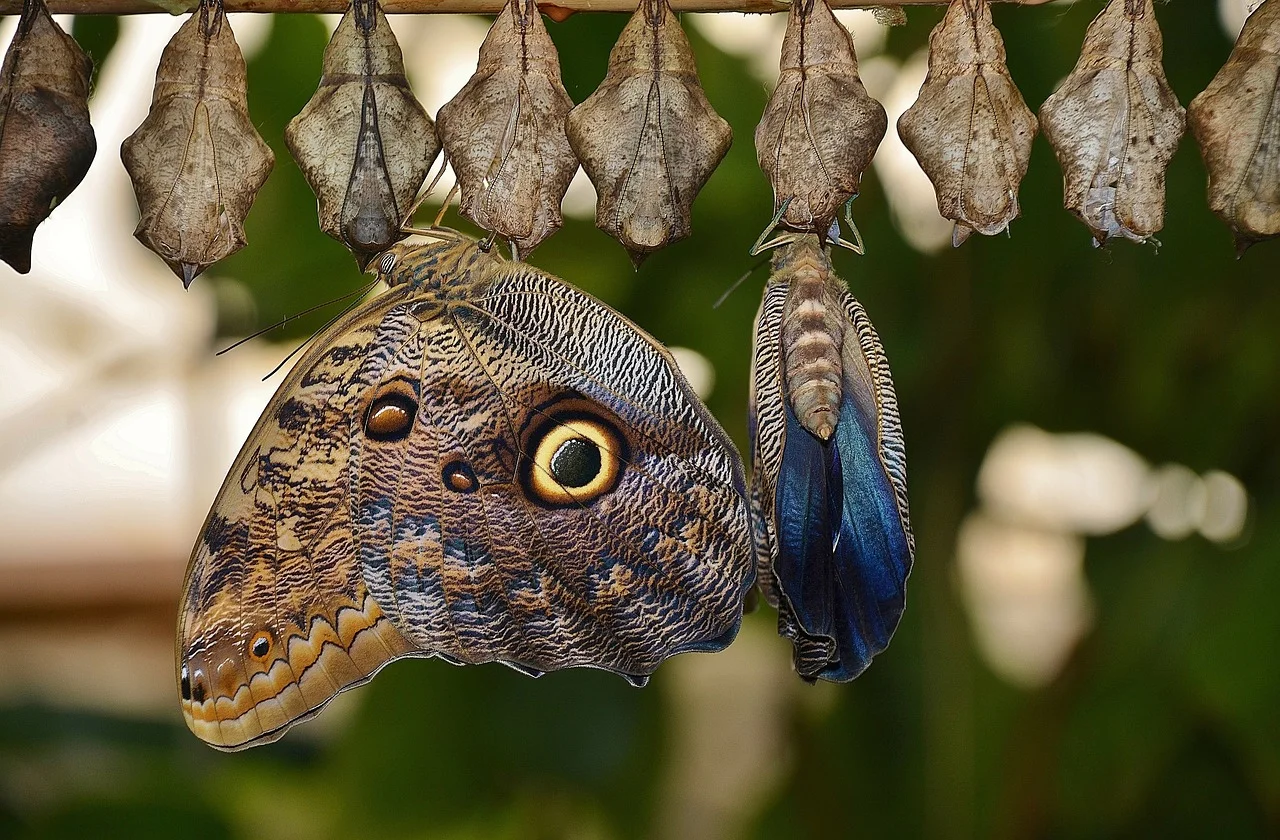For awhile now, I’ve wanted to hone my tree-skiing skills. But it’s daunting.
Standing at the edge of a stand of the woods, it can feel impossible to find a way in. The trees seem to stack up against each other, no room for a route through.
But it’s pretty in there, among the smooth, slender aspens and wide bushy evergreens. Quiet and still, with pockets of powder that last much longer than on the groomed slopes.
So this year, I’ve started to point my skis into the woods and see where they take me.
And I’ve discovered something amazing. Often, as soon as I’m in the woods, the trees open up, spreading out. Letting me find my way through.
It reminds me of book writing.
From the outside - the moment before you’ve actually begun the work - the project can feel impossible. Too big, too unwieldy. A thick woods that you’ll never be able to traverse.
But then, after I spend hours and days, or sometimes weeks and months, whining and distracting myself and otherwise procrastinating (am I the only one who does this?), after the thought of putting the work off feels much worse than sitting down at the desk and staring at a blank page, I finally begin.
And just like slipping into the woods, a path opens up. The words may be halting at first, but eventually they begin to flow. Ideas build and grow. Paragraphs stack up, one after another, until there are pages, chapters… and eventually, a book.
Starting is always the hardest part. And yet, as any artist knows, creative work is full of starts. Over and over, we begin again. Anew. And pray that once we’re inside, we’ll find a way through.
Which somehow, amazingly, we do.

















